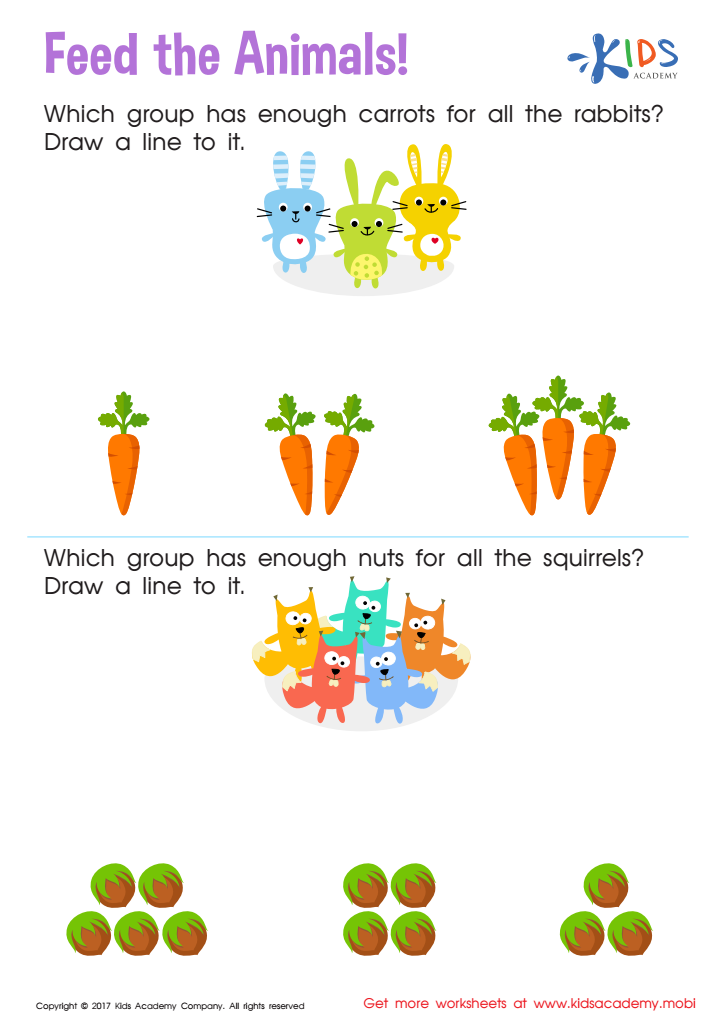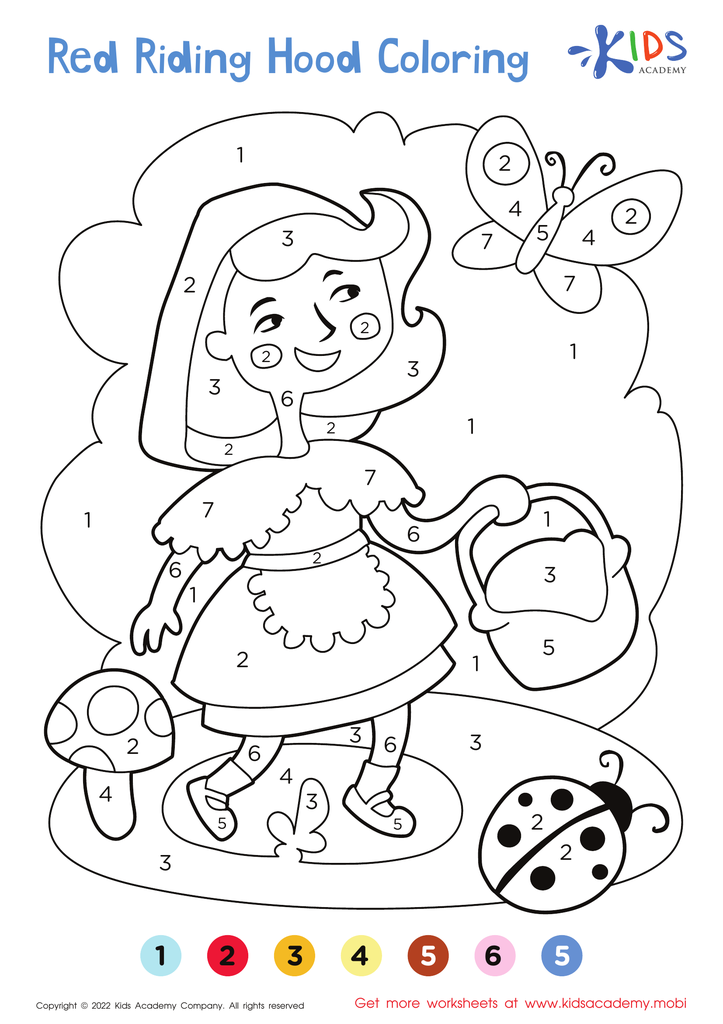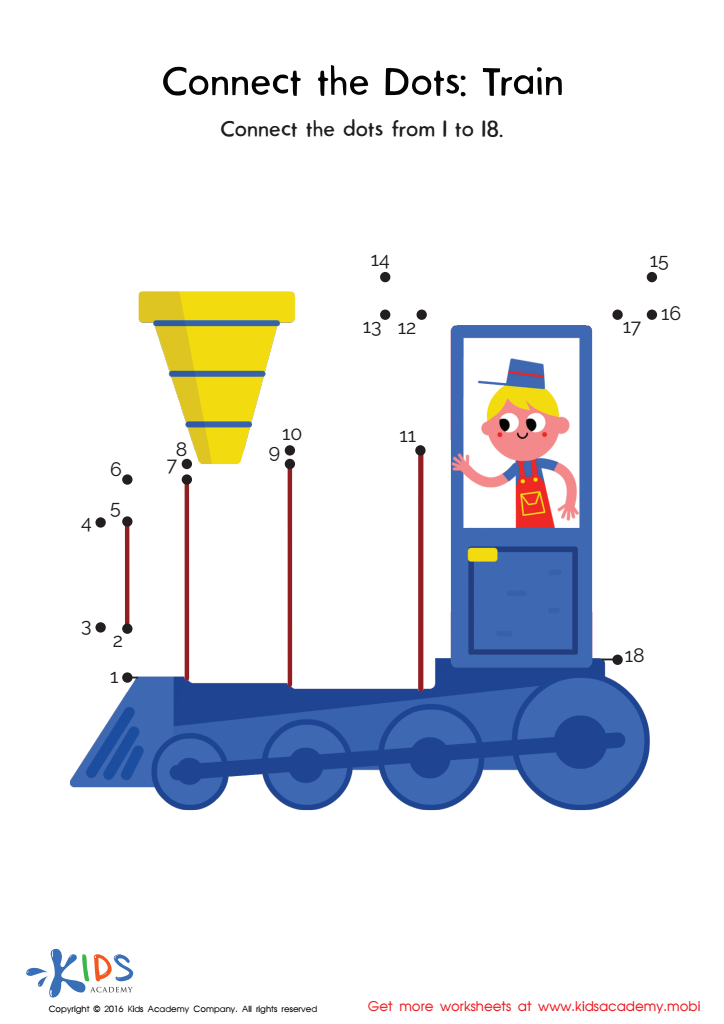Basic Counting Numbers 0–10 Worksheets for Ages 5-7
3 filtered results
-
From - To
Explore our engaging "Basic Counting Numbers 0–10 Worksheets" designed specifically for young learners aged 5-7. These worksheets provide a fun and interactive way to help children grasp the fundamentals of counting, featuring vibrant visuals and diverse activities tailored to different learning styles. Ideal for parents and educators, our resources enhance number recognition, early mathematics skills, and critical thinking. Each worksheet encourages practice through counting objects, matching exercises, and more, making learning enjoyable and effective. Foster your child’s confidence in math as they progress through these essential counting exercises. Download and watch your little mathematicians thrive today!


Count and Match: Feed the Animals Worksheet


Little Red Riding Hood – Coloring by Numbers
Basic counting numbers from 0 to 10 are fundamental building blocks for early childhood education, particularly for children aged 5 to 7. At this stage, children are developing their cognitive and mathematical skills, making it crucial for parents and teachers to focus on counting as it fosters a solid foundation for future learning.
Understanding these basic numbers not only enhances a child's ability to count objects and recognize numerical symbols but also improves their problem-solving and critical thinking skills. When children grasp counting, they can better understand concepts of quantity, comparison, and simple arithmetic, paving the way for more complex mathematical concepts in later years.
Moreover, learning to count fosters essential life skills such as organizing, measuring, and sorting. These skills translate beyond the classroom and benefit everyday activities, promoting independence and confidence in children as they interact with the world around them.
Finally, engaging with counting through games, songs, and interactive activities helps develop fine motor skills and social interaction abilities. Therefore, prioritizing basic counting numbers is not just about mathematics; it’s about nurturing a child's overall development, laying a strong foundation for lifelong learning.

 Assign to My Students
Assign to My Students




















